Heat Exhaustion: All You Need To Know To Prevent It
Heat exhaustion is not usually life-threatening as long as you can find a way of cooling down quickly. If the condition extends for a prolonged period you could get heatstroke, which is much more serious. To avoid this, take preventive measures, such as keeping out of the sun in the middle of the day. If you are taking medications or have an underlying health condition, seek medical advice to avoid overheating.
At Fairview Adult Day Care Center in Brooklyn NY we offer holistic, comprehensive health education. It is our goal to ensure that our clients have the knowledge and skills to prevent serious health conditions.
A Checklist for Preventing Heat Exhaustion
Sunburn affects your body’s ability to cool itself, so stay out of the sun as much as possible. Wear a wide-brimmed hat and sunglasses and use sun cream to protect yourself from ultraviolet rays. Reapply sunscreen every couple of hours, and more often if you are sweating.
A risk factor for other people is strenuous exercise during warm and humid weather. Be sure to drink plenty of water to keep your body well hydrated before and after exerting yourself physically.
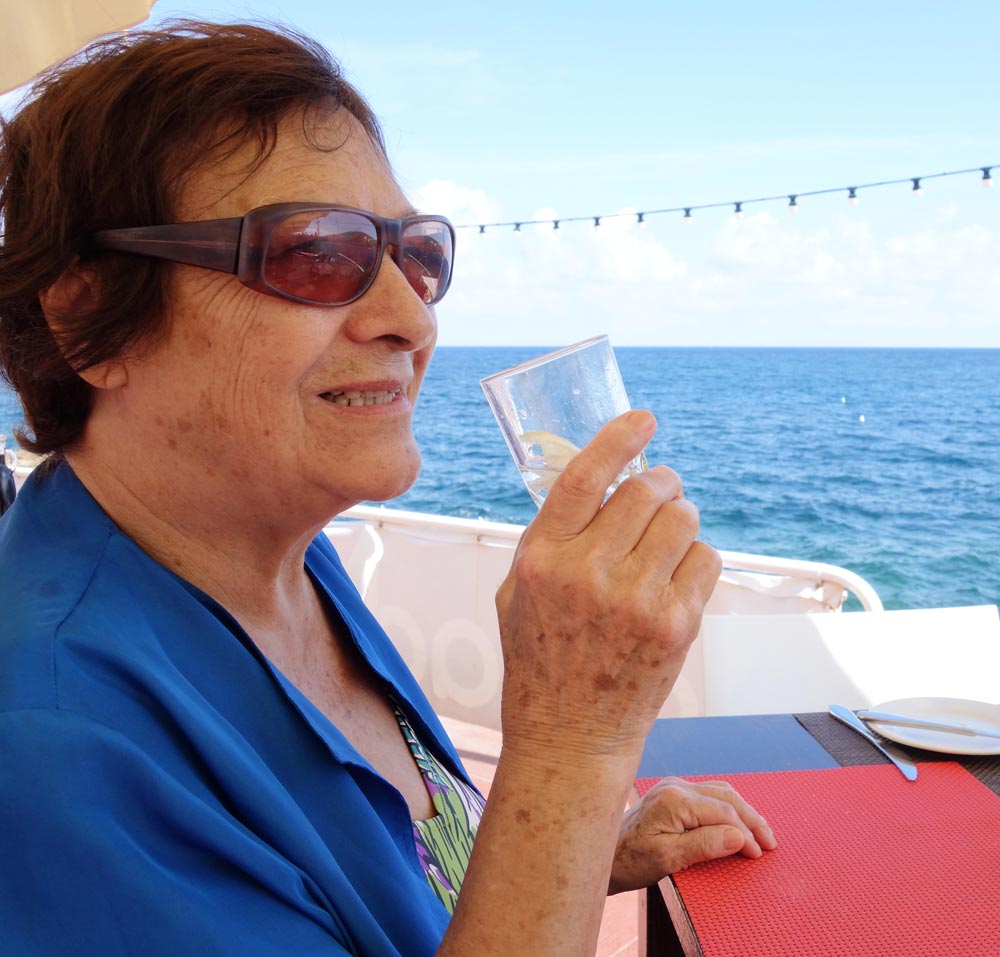
Another tip to avoid heat exhaustion is to wear light and loose-fitting clothing and sprinkle water over them, if necessary. Avoid alcohol, especially in the heat of the day. Avoid heavy clothing or carrying heavy objects in hot weather.
What are the first signs of heat exhaustion?
Be aware of the first signs of heat exhaustion, as they could help prevent you from developing heatstroke. These include a headache, cramps in the arms or legs, or feeling dizzy and confused.
Another common sign is loss of appetite and feeling sick, as well as excessive sweating or having a clammy skin. Stomach cramps may also indicate that you are overheating. An obvious sign of heat exhaustion is if you feel very thirsty and your breathing and pulse rate increases. If that happens stop all activity and rest in a cool place till you feel better.
People with chronic heart problems, diabetes, or who are overweight, are particularly at risk of heat stroke. Hot weather, especially around midday and in the early afternoon can make matters worse for these people.
Things you can do to cool someone down
If someone is showing signs of heat exhaustion, they need to move to a cool, shady spot to cool down. They should drink plenty of water and, if possible, lie down with feet raised slightly by a cushion.
Take a sponge, soak it in cold water and sponge yourself down and/or sit or lie by a cool fan. Cold packs can also help, especially if placed around the neck or armpits. These or similar actions will help you cool down and feel better within about 30 minutes. Contact your doctor if your heat exhaustion worsens or if you don’t feel better after an hour.
Contact us if you would like to find out more about our medical services, rehabilitation and fun activities.
This article is for educational and informational purpose only and does not substitute for professional medical advice. For any questions about your own health condition, speak to a qualified physician or healthcare provider.

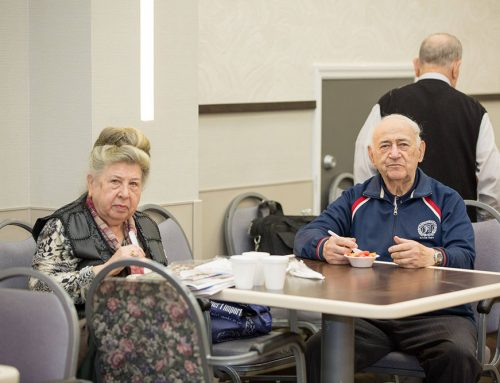
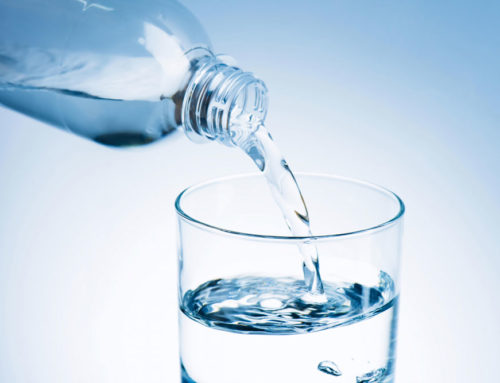
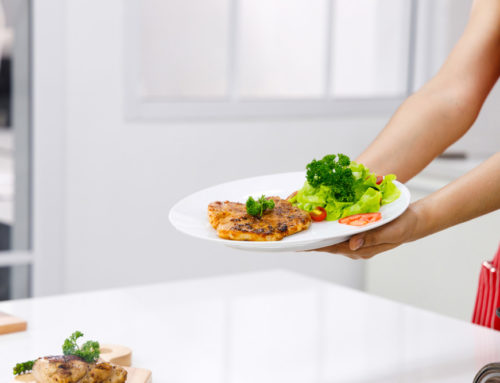
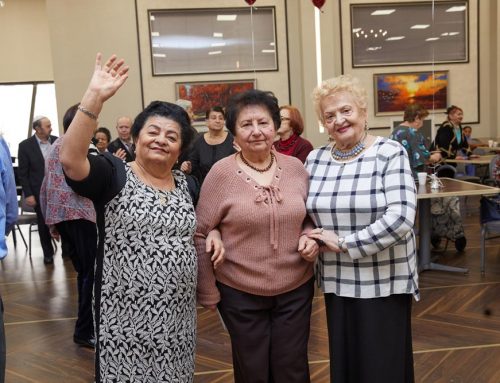
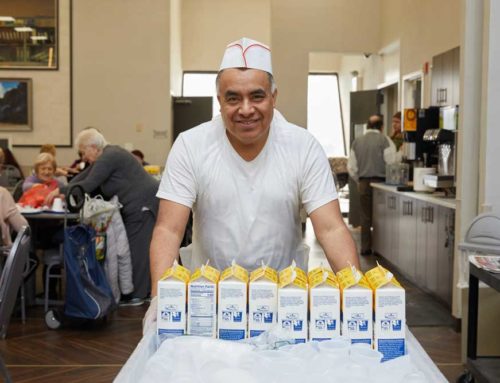

Leave A Comment